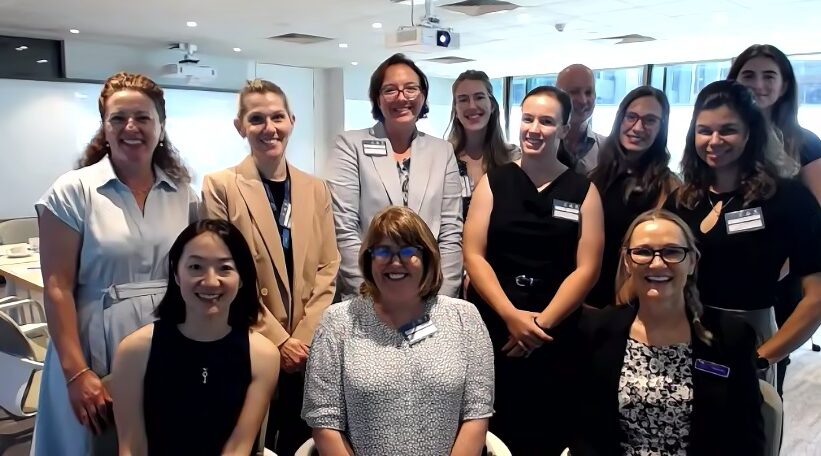Workplace sexual harassment remains a pervasive and deeply entrenched issue across industries in Australia. Despite legal reforms and workplace policies, traditional prevention approaches have struggled to create meaningful change. This is why Working Women Queensland (WWQ) is proud to be a key partner in a groundbreaking national research project designed to cultivate systemic safety and inclusion in workplaces, ultimately preventing sexual harassment before it occurs.
Led by Professor Michelle Tuckey from the University of South Australia, the BRIDGES AT WORK project has received funding under the Australian Research Council’s Linkage Projects scheme. Over three years, it will bring together researchers from Griffith University, the University of Queensland, and leading organisations in workplace safety, human rights, and violence prevention—including WWQ—to co-design and test practical, evidence-based solutions to this widespread problem.
Why this project matters
Sexual harassment at work is not just an individual experience—it is shaped by organisational systems, cultures, and structures. While policies, training, and reporting mechanisms play an important role, they often operate in isolation and fail to address the root causes of harassment. This project aims to shift the focus from reactive measures to proactive prevention, creating workplaces where sexual harassment is less likely to occur in the first place.
The research will explore how factors such as workplace design, job structures, social environments, and leadership influence the risk of harassment. By identifying these systemic risks, the project will support organisations to implement interventions that change workplace conditions and foster cultures of safety and respect.
Our role in the research
As a long-standing advocate for workers’ rights, WWQ is excited to contribute to this ambitious project. Our team brings expertise in workplace rights, employment law, and the lived experiences of employees who have faced harassment and discrimination. Our specific involvement includes:
- Providing insights from frontline casework – As a community legal centre supporting workers in Queensland, we understand the patterns, risks, and systemic failures that allow sexual harassment to persist. Our case data and expertise will help shape the research by highlighting real-world challenges and gaps in existing workplace responses.
- Partnering in intervention development – The project is not just about understanding the problem—it’s about co-designing solutions. WWQ will collaborate in developing and testing workplace interventions that are both legally sound and practically effective, ensuring that workers’ voices remain at the centre of change.
- Supporting workplace implementation – To ensure these interventions are impactful, we will assist with workplace implementation and evaluation, helping to refine strategies that can be adapted across different industries.
What this means for employers and workers
For organisations, this project presents an opportunity to be part of a pioneering shift in how workplace sexual harassment is addressed. Rather than relying solely on policies and compliance measures, employers will gain access to research-backed strategies that proactively mitigate risk and foster inclusive, safe work environments.
For workers, particularly those in high-risk industries—such as male-dominated fields, customer-facing roles, and hierarchical workplaces—this research has the potential to create meaningful protections and cultural change. By addressing the structural and cultural drivers of harassment, this project aims to create workplaces where all employees feel safe, respected, and empowered to thrive.
A step toward meaningful change
At WWQ, we are committed to ensuring that every worker has the right to a safe, fair, and respectful workplace. Our participation in this project aligns with our broader mission of tackling systemic injustices and advocating for stronger protections for vulnerable workers.
We look forward to working alongside our research and industry partners to translate this research into practical outcomes that benefit workers and organisations alike. Over the coming months and years, we will share updates, insights, and resources to help employers and employees navigate this evolving landscape.
If you are an employer or worker interested in learning more about the research, or how your workplace can participate in fostering systemic safety, please get in touch. Together, we can drive lasting change and build a future where workplaces are free from sexual harassment.

